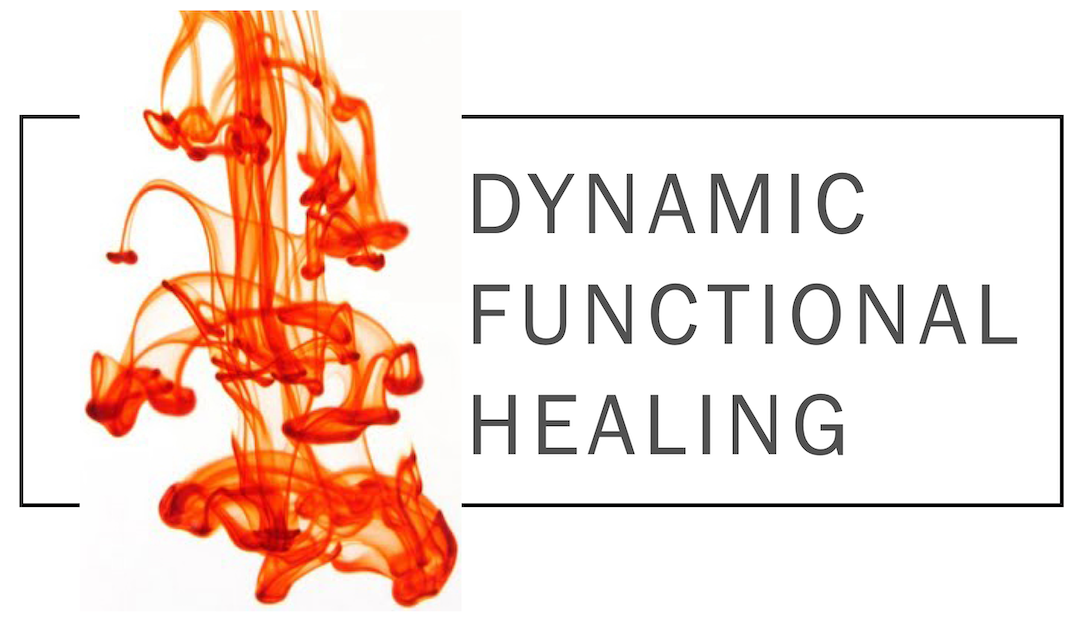You might be thinking the uterus, ovaries, or mammary glands. But no, we're talking the urethra. Yes, that's right, the urethra. It is the most estrogen-dependent tissue in the body for both men and women.
The urethra depends upon sufficient estrogen levels to maintain proper lubrication, which is essential for normal functioning, especially in women. Women lack an internal urinary sphincter. Instead, the urethra must compensate through an adequate bladder neck angle (also called a urethral angle) and a process called coaptation. The urethral angle refers to the angle the urethra exits your bladder. Too small an angle may contribute to diminished flow. More common, too great an angle may contribute to incontinence. Coaptation means that the tissue must open and close in response to external (to that tissue, not to your body) stimuli. In order to do that, it requires sufficient lubrication provided by the mother of lubrication--estrogen.
Several of my menopausal and post-menopausal patients have found that a topical cream has been part of the solution to their incontinence. The cream does not carry the risks associated with oral hormone replacement therapy. You may benefit from the topical if you have low, or borderline, estrogen levels, have bladder issues and especially if your stream is affected (diminished, increased, spurting, etc).
